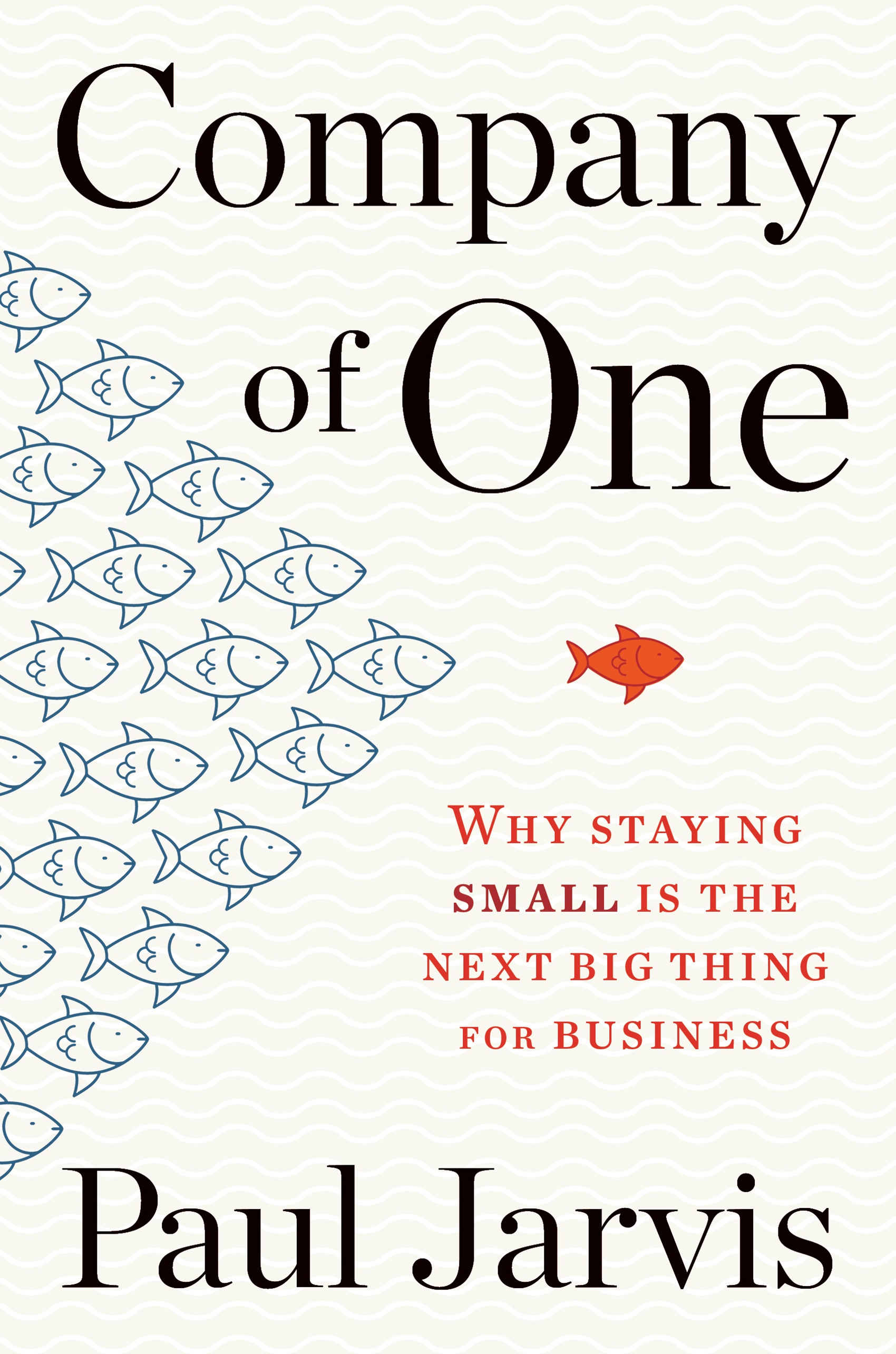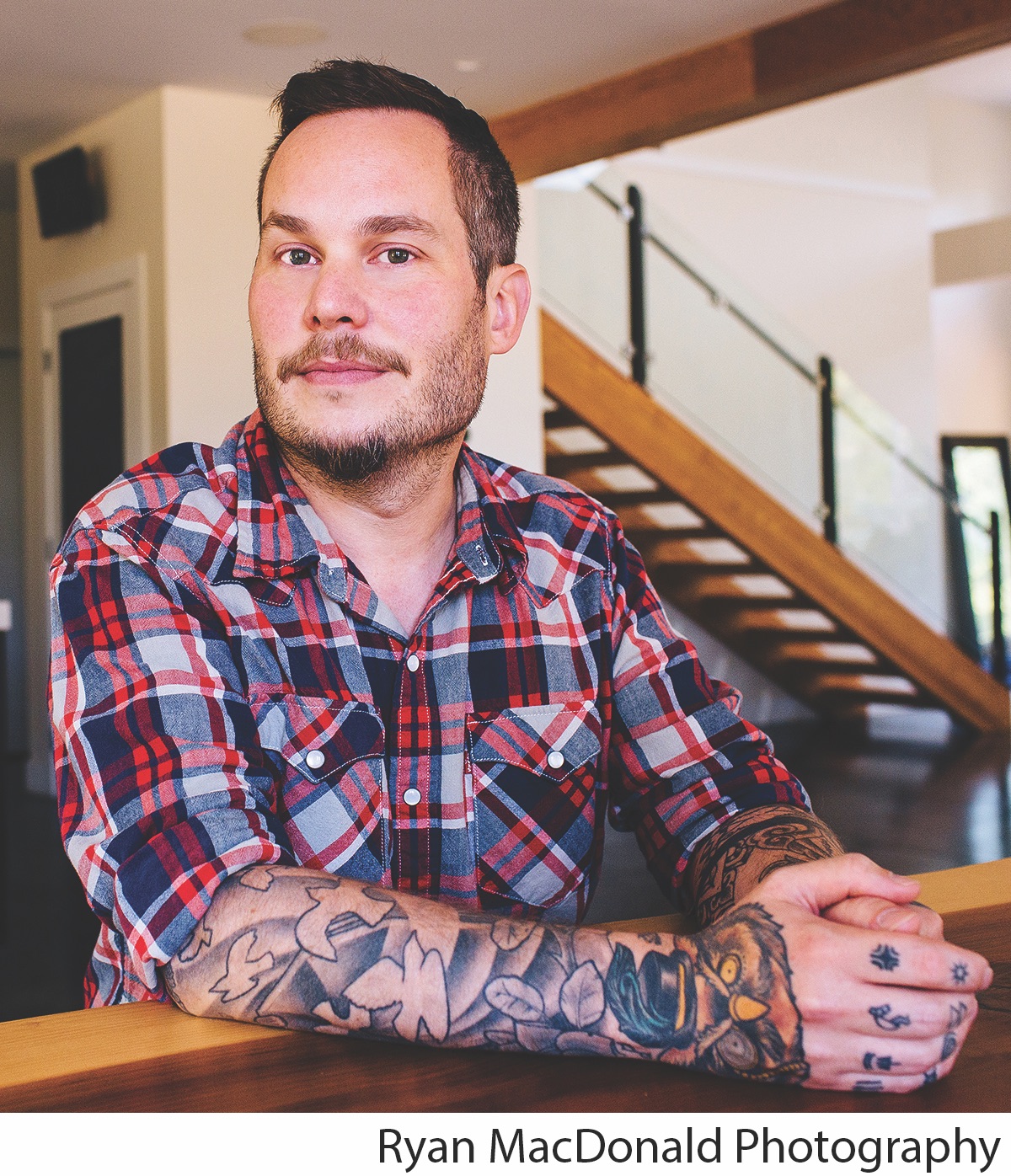Purpose and passion are quite different. While purpose is based on a core set of values held by a company or even a business owner and shared with customers, passion is simply a whim based on what we think we enjoy doing. The tired business advice that we should all “follow our passion” implies that we are entitled to getting paid to do work that is always enjoyable. A well-cited 2003 study of college students at the University of Quebec by Robert Vallerand found that they were more passionate about sports, arts, and music than anything they were studying. Unfortunately, only 3 percent of all jobs can be found in the sports, music, and art industries.
And just because you’re passionate about, say, tennis doesn’t mean you can become the next
Serena Williams, no matter how hard you try. “Follow your passion” is irresponsible business advice. Barbara Corcoran, a real estate investor and a “shark” on the popular television show Shark Tank, said that she didn’t follow her passion; instead, she discovered it by accident as she worked her ass off. Her passion came after her hard work — as a result of it — not the other way around. Known for her shrewd pragmatism on the show, Corcoran says that it’s more important to focus on solving problems than on passion. Her problem-solving focus allows her to better evaluate new business ventures that are presented to her on the show. When you focus on solving problems or on making a difference, passion may follow, because you’re actually involved in the work you’re doing instead of just dreaming that you might be passionate about something. Cal Newport, the best-selling author of So Good They Can’t Ignore You, argues that passion is the side effect of mastery. To Newport, following your passion is fundamentally flawed as a career strategy because it fails to describe how most successful people ended up with compelling careers and it can lead to chronic job-shifting and angst when your reality falls short of your passionate dream for your career. Newport believes that we need to be craftspeople, focused on getting better and better at how we use our skills, in order to be valuable to our company and its customers. The craftsperson mind-set keeps you focused on what you can offer the world; the passion mindset focuses instead on what the world can offer you. Too many people assume that meaningful work or ideas are the result of passion. Research from William MacAskill of Oxford University has shown that engaging work helps you develop passion, not the other way around. This kind of work draws you in, holds your attention, and gives you a sense of flow (being absorbed in the work and losing track of time). Engaging work com-prises four key components: clearly defined assignments, tasks you excel at, performance feedback, and work autonomy. All this being said, countless books, bloggers, and business leaders will continue to tell you that the key ingredient to a happy, meaningful life is to find the courage to follow your passion. This call is alluring, especially when it seems like others have simply packed up their nine-to-five lives, jumped head first into their passions, and ended up thriving. But what I’ve noticed is that there are two key ingredients that most successful businesspeople don’t talk about it when they’re giving keynote speeches about how smart they were to make their leap into a more passion-filled work life. The first is that they were skilled at what they did before they took a leap — so skilled that they were doing well enough that if their leap to something new faltered, they’d still be okay. Not to mention that what they leaped to was completely built off the skills they were currently using and that were already in demand. The second missing ingredient in their account of successfully “following their passion” is that they were able to test their leap with a smaller jump before they climbed to the top of the highest platform. Most of these speakers neglect to mention that they didn’t just willy-nilly jump; rather, they did a small jump first to make sure they could land it (that is, they made sure there was enough demand for their offerings) and not drown once they hit the water. Looking at my own career, I can say that I’ve succeeded in changing the type of work I’ve done over the last twenty years only when those two key ingredients were present.
I started my own business doing web design only after I became an in-demand designer at an agency. I built up the skills as an employee until the clients of that agency wanted to leave with me when I quit. If I hadn’t done that, I wouldn’t have even started working for myself. (I did so only because clients called after I quit, wanting to bring their business to wherever I had moved). In fact, I wasn’t passionate about web design, or even passionate about starting my own business. I found the courage to do it only because I had a small list of companies that wanted to pay me from day one.

Excerpted from COMPANY OF ONE: Why Staying Small Is the Next Big Thing for Business by Paul Jarvis. Copyright © 2019 by Paul Jarvis. Reprinted by permission of Houghton Mifflin Harcourt Publishing Company. All rights reserved.
Follow us here and subscribe here for all the latest news on how you can keep Thriving.
Stay up to date or catch-up on all our podcasts with Arianna Huffington here.


